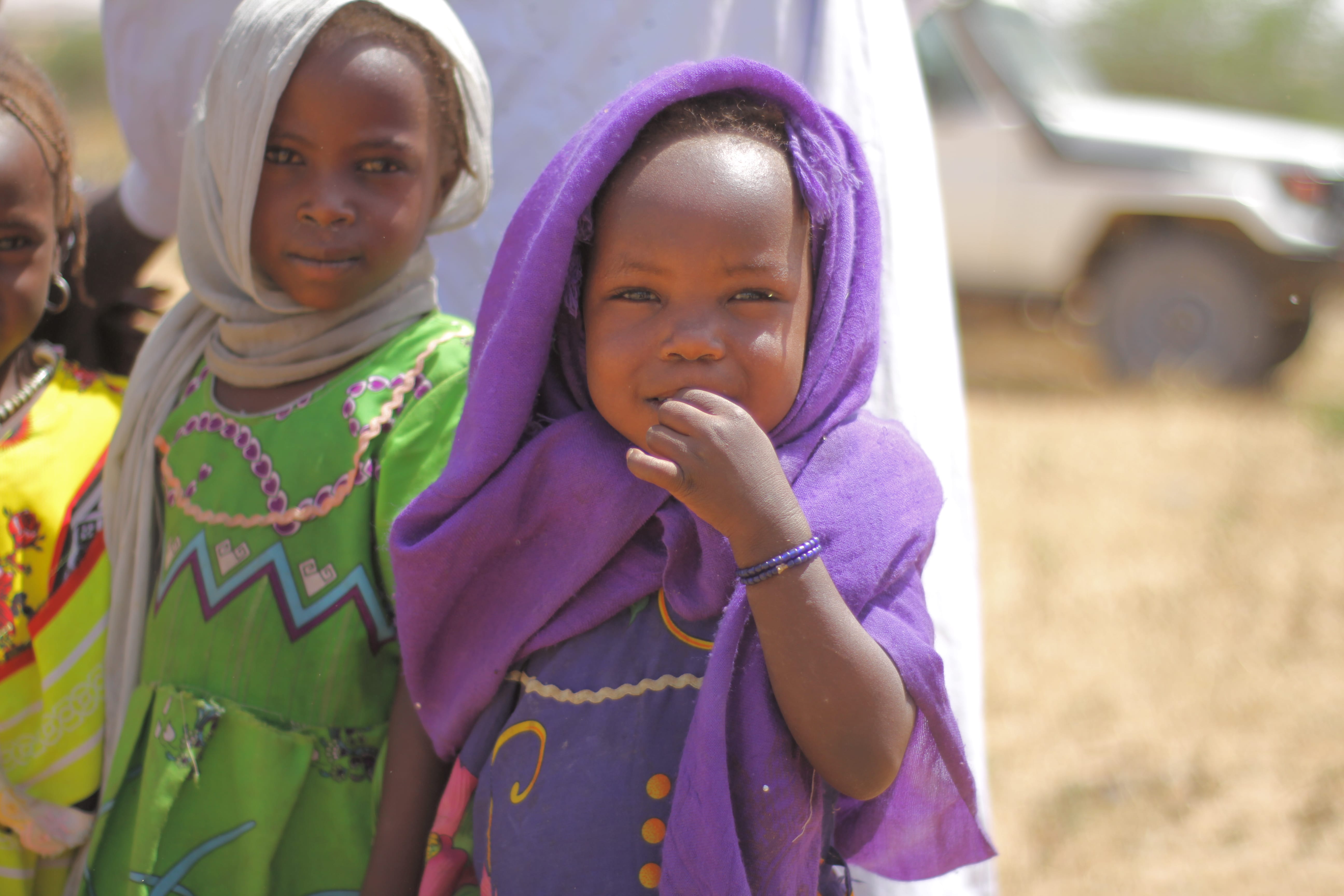Mimi
Introduction / History
It is believed the Mimi originated in the Nile Valley of Egypt with a westward migration taking place in the fifteenth and sixteenth centuries. Some settled in the Biltine region of Chad where they became farmers. Others became nomadic herdsmen and maintained frequent contact with the Arab nomads. The settled Biltine group, or Mimi, still speak their ancestral language, Amdang. The nomadic Mimi eventually adopted the Arabic language as their mother tongue.
What Are Their Lives Like?
The Mimi in Chad are mostly settled farmers who inhabit the hilly eastern part of Dar ("home of") Mimi. There, they raise cereals, beans, sesame, and a variety of other crops; they also keep some livestock. A few of the Mimi are nomadic herdsmen. They live like the pastoral Arabs, rather than farm for their livelihood. The Mimi nomads live in mud homes made with thatched-roofs.
Dar Mimi is sandy and virtually treeless. Because of the shortage of water in the area, the settled Mimi are limited in the number of animals they can keep. For this reason, they tend to force the nomadic Mimi to migrate southward and westward. They are surrounded on all sides by a number of other ethnic groups.
The settled Mimi sometimes intermarry with the Maba and the Arabs; whereas, the nomadic Mimi intermarry with the Zaghawa and the Abu Sharib peoples. A Mimi will never marry a Tama. Because of this intermarriage among the Mimi and the neighboring groups, cultivation techniques and some vocabulary, among other things, have been assimilated into Mimi culture.
The Mimi have a history of being politically significant and were divided into twenty or thirty subsections headed by native chiefs. They fought well in battle and were commended for their bravery. They are looked upon by outsiders as not being dedicated or orthodox in their Muslim religion and as being somewhat uncivil when dealing with strangers.
What Are Their Beliefs?
Islam is a religion of works based on five basic teachings or "pillars." Muslims must affirm that "there is no god but Allah, and Mohammed is his prophet." They are also required to pray five times a day, give alms to the poor, fast during the month of Ramadan, and try to make at least one pilgrimage to Mecca. The Mimi are not as strict in their observance of Islam as are some other Muslim groups in the area; however, most of the rules are followed.
What Are Their Needs?
Unfortunately, the Mimi have never been exposed to the Gospel. There are no Christian resources available to them. The Scriptures need to be made available in their languages and Christian broadcasts need to be aired in their regions so that they will hear the message of salvation.
The life expectancy in Chad is only 52 years. The literacy rate is very low. The Mimi need more educational opportunities and quality health care facilities. Perhaps Christian teachers and medical workers will have the greatest opportunities to share the love of Jesus with them.
Resourced by Joshua Project

